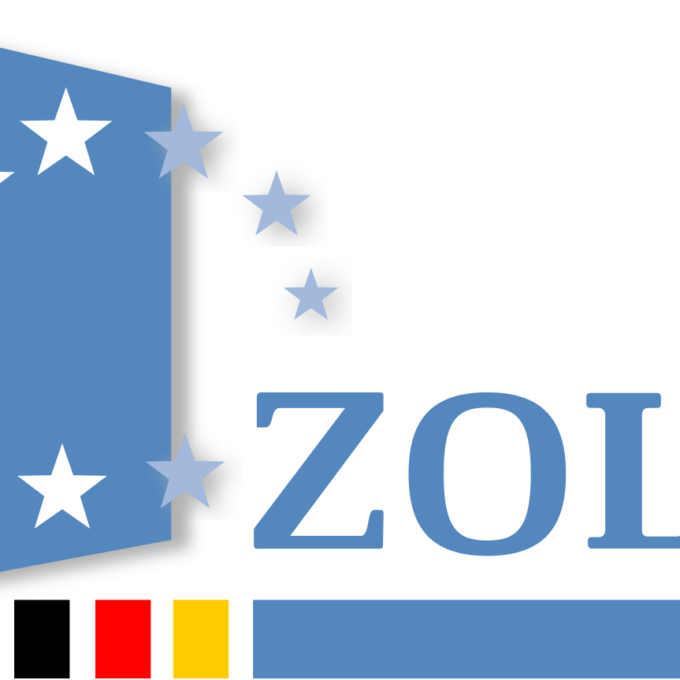Publications 23.05.2025
Customs Office Part III – Documentation, National Representation, and Expert Assistance

In previous articles, the institution of the German Customs Office, or Zollamt, was introduced, along with the nature of most administrative duties imposed on employers who post workers to Germany, as well as employers using employment agencies. The sources of these obligations were also indicated, namely the three principal acts of German labour law: the Minimum Wage Act (MiLoG), the Posted Workers Act (Arbeitnehmer-Entsendegesetz – AEntG), and the Act on Temporary Employment (AÜG), as well as a range of implementing regulations.
These legal acts also point to a final, somewhat culminating obligation to prepare and retain appropriate documentation. This seemingly formal duty may prove decisive in the outcome of an inspection and should therefore be given particular attention by employers.
Document retention
In accordance with the three aforementioned German labour law acts and implementing provisions, both employers based in Germany and those based abroad must retain the German-language documentation available in Germany, required to demonstrate compliance with employment conditions.
Such documentation includes (in addition to working time records), among others:
- employment contracts and/or equivalent documents specifying the essential terms of the employment relationship (Directive 91/533/EEC on the obligation of employers to inform workers about the conditions applicable to their contract or employment relationship, Official Journal of the European Communities L 288/32 dated 18 October 1991),
- pay slips,
- proof of wage payments.
The above documents must always be available for inspection in Germany. If circumstances require presenting other documents, these must also be made promptly available to the inspecting authority. Relevant regulations provide exceptions to this rule (e.g., in the case of remote work). It is worth noting that both duties regarding working time recording and document retention may be subject to additional strict requirements, as is the case with construction services, or may be simplified, such as in the case of “flexible working hours”.
Local representative
Another important obligation from the perspective of inspections is the employer’s requirement to appoint a local representative (verantwortlich Handelnder) who is available to the inspection authority and responds to queries during the inspection. This is the primary entity within the employer’s organisation responsible for cooperating with Zollamt officials.
At the same time, there is a second category of local representative, covering the authorisation of a chosen person to receive all written documents intended for the employer, such as official notices from the Customs Office. Any person may be appointed, e.g., a posted employee or a temporary worker, provided they reside in Germany. When choosing a local representative authorised to receive documents, attention should be paid to whether this representative guarantees that the delivered document will be promptly forwarded to the employer. Such a representative should reliably and without undue delay pass on the relevant information, as the delivery of a written document may start the deadline for filing an appeal.
Don’t delay
As can be seen, understanding the additional administrative duties monitored by the Zollamt can cause employers considerable difficulties. Because the obligations arise from several different acts and regulations, the legal bases often overlap, and, for example, an exemption from a notification obligation under the Minimum Wage Act does not exclude the existence of the same obligation under the Posted Workers Act. Ultimately, the employer will still be subject to such an obligation. Additionally, specific procedures should be considered, such as simplified working time records, as well as additional restrictions applying, for example, to construction services.
Considering the severity of penalties, it is not advisable to wait for legal clarifications from the German inspection authority; rather, compliance with posting procedures should be ensured proactively. If you wish to find out whether any of the above obligations apply to your business, please contact the experts at ATL Law Anna Błaszak Legal Adviser’s Office. We provide services related to employee data notifications to the German Customs Office, define the scope of additional obligations, help prepare appropriate documentation, and advise on how to proceed in the event of an inspection.
ATL Law Anna Błaszak Legal Adviser’s Office has been advising entrepreneurs for many years on matters related to international employee mobility, including tax and social security issues. We support companies in fulfilling formalities related to posting employees abroad, including to EU countries and beyond, relocations, and work performed by posted employees in Poland.
Publications 23.05.2025
See also
Publications

A mistaken transfer can be costly. From whom can you seek a refund? Supreme Court ruling.
Publications

The Polish Deal in a nutshell – summary of changes in taxes and labour law
Publications
The free acquisition of assets from non-registered companies by the State Treasury is unconstitutional.